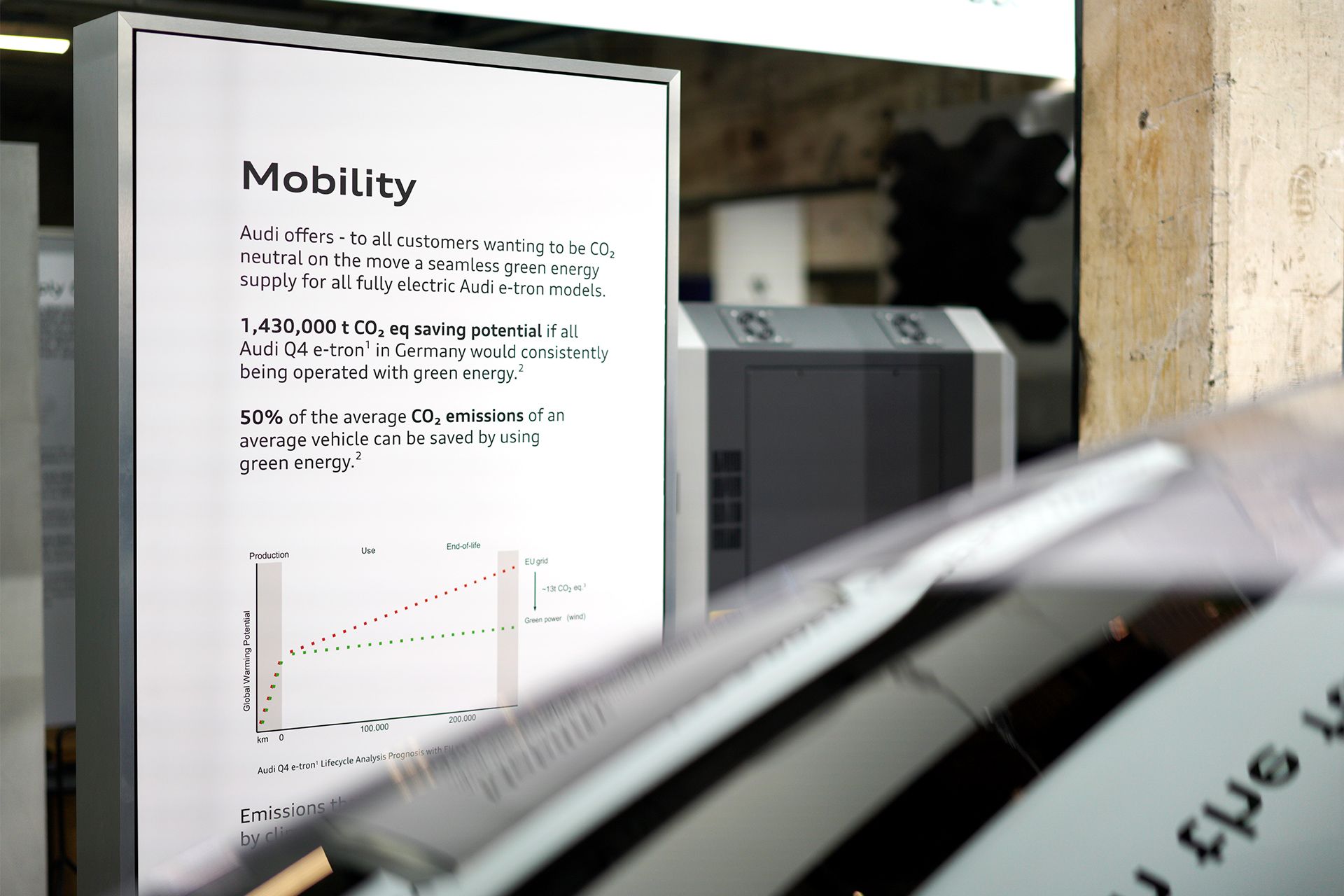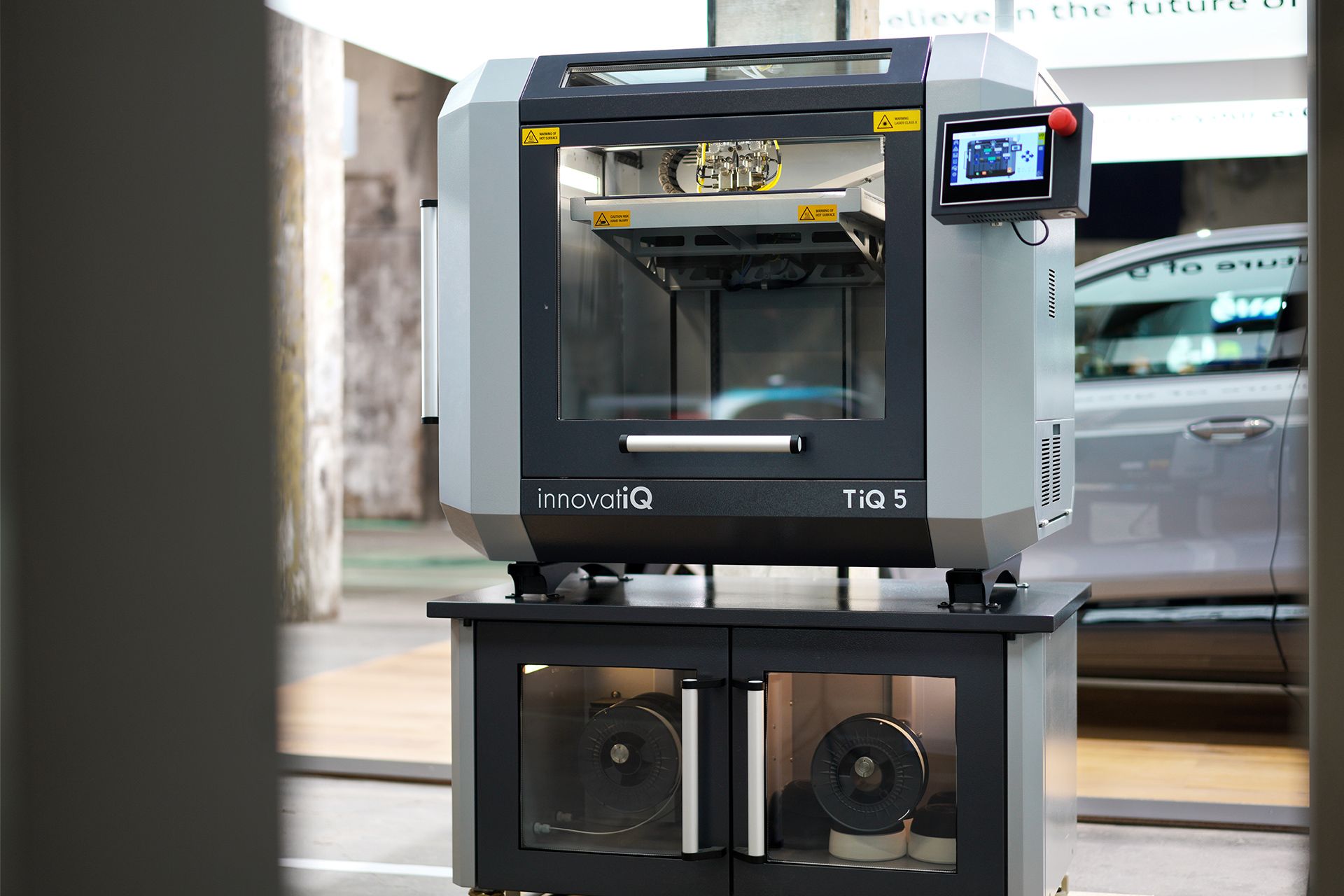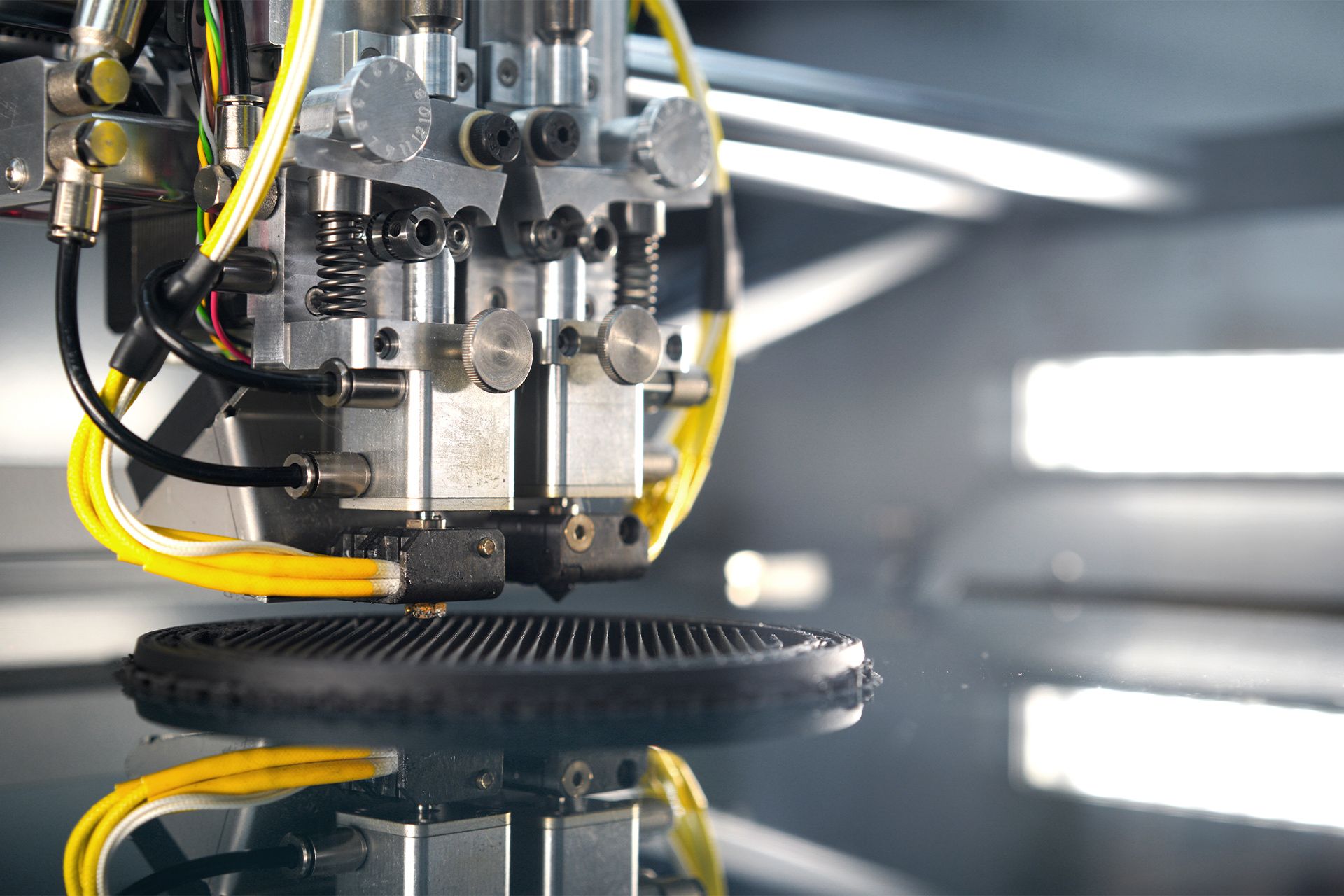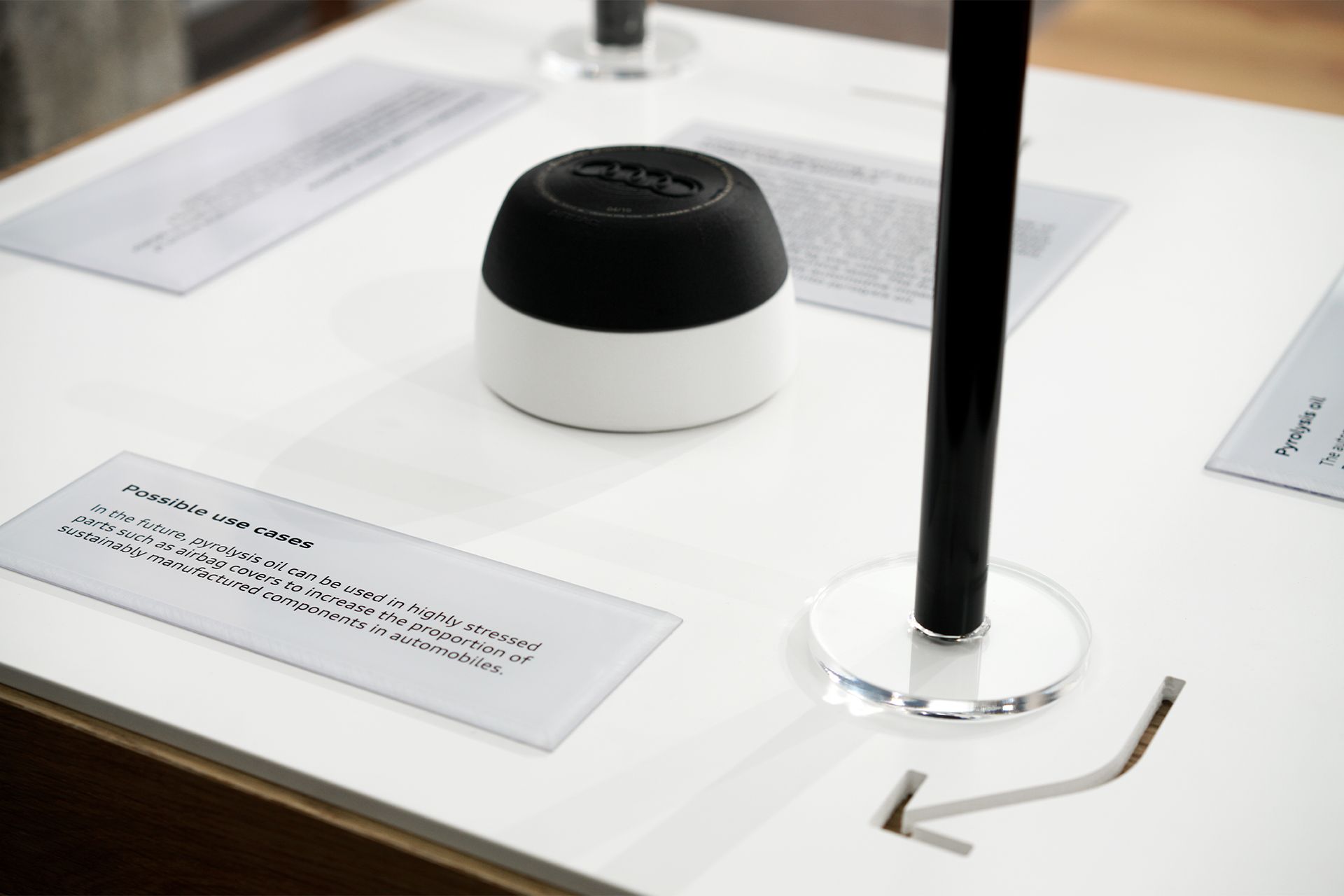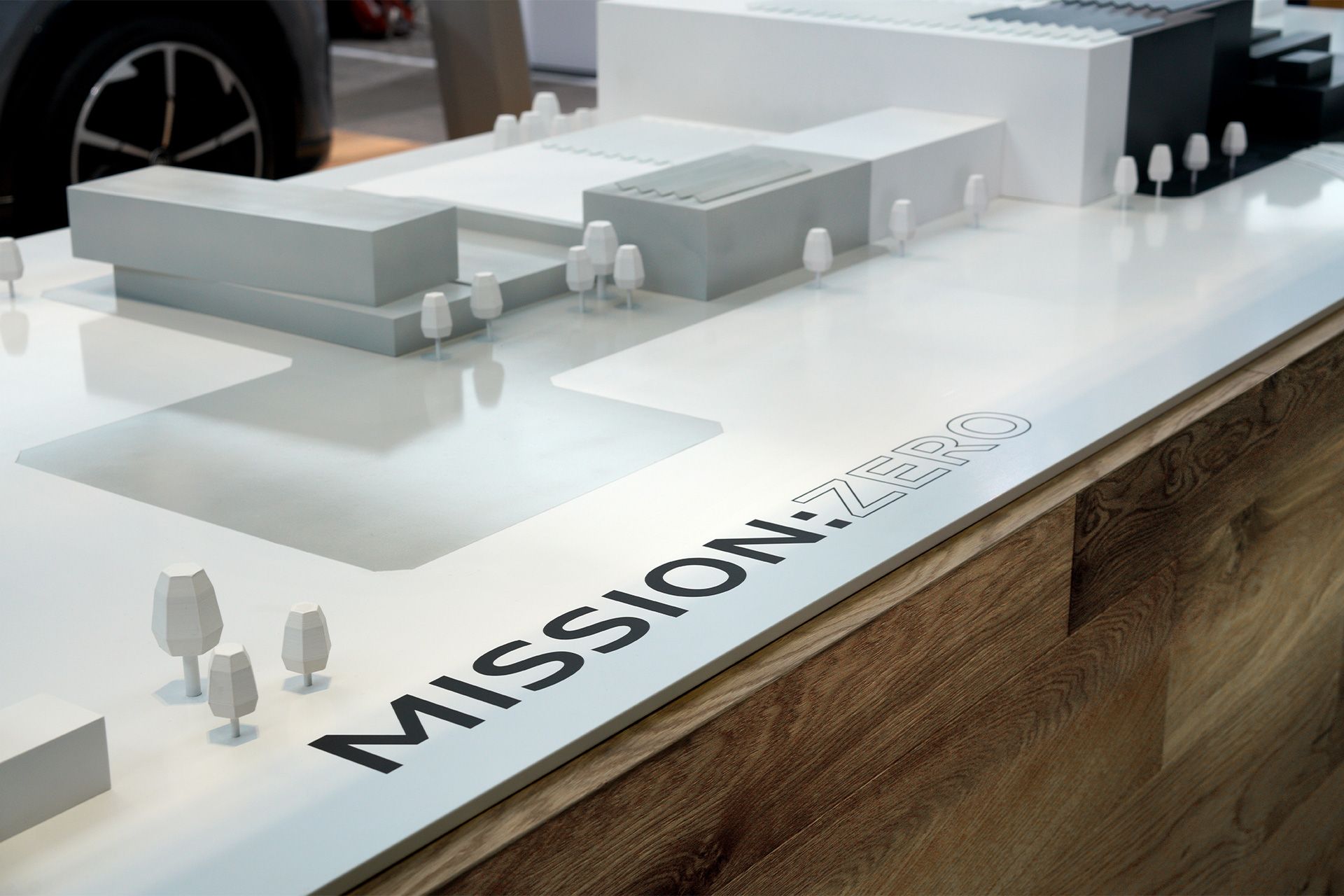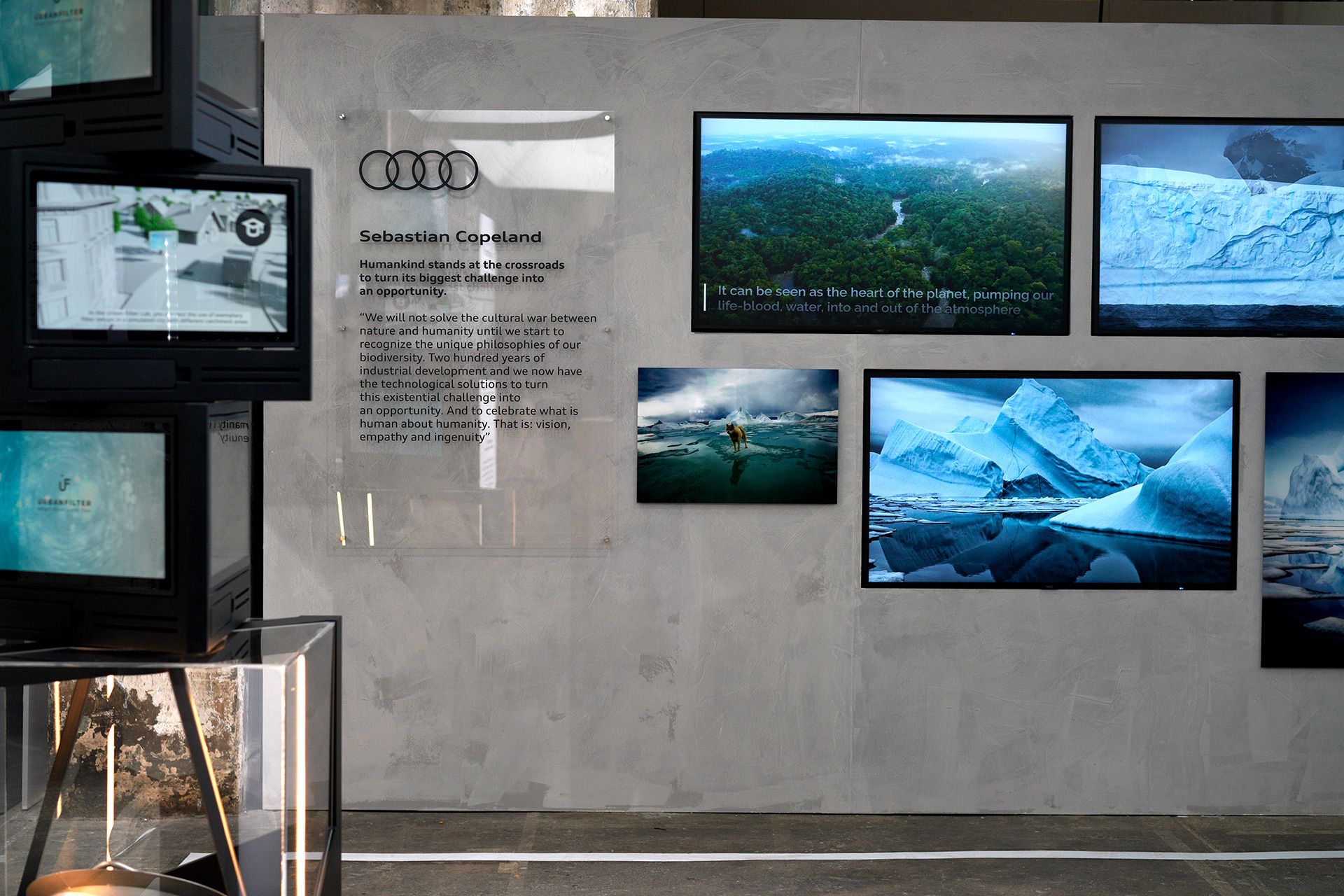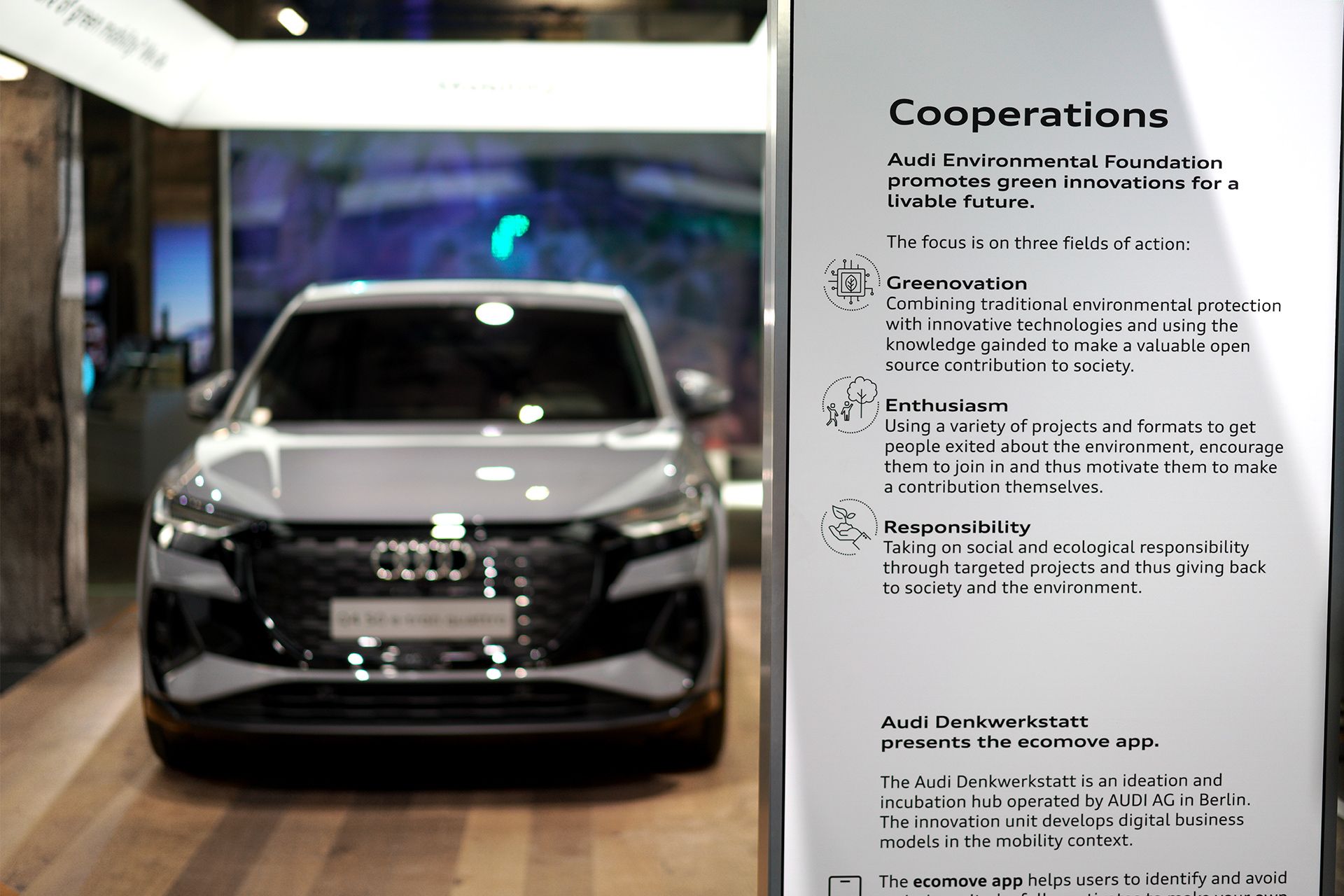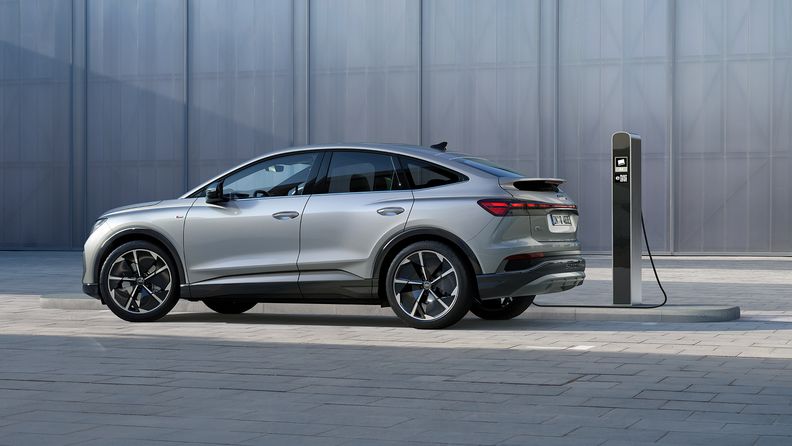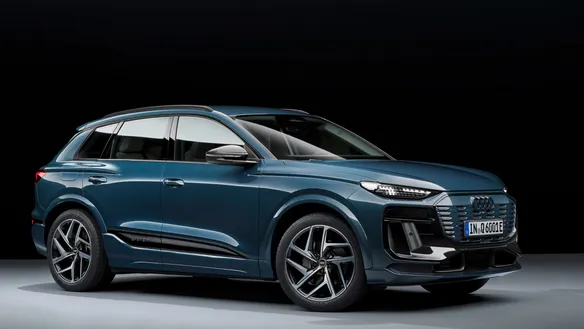Green lights: Audi at the 2021 Greentech Festival
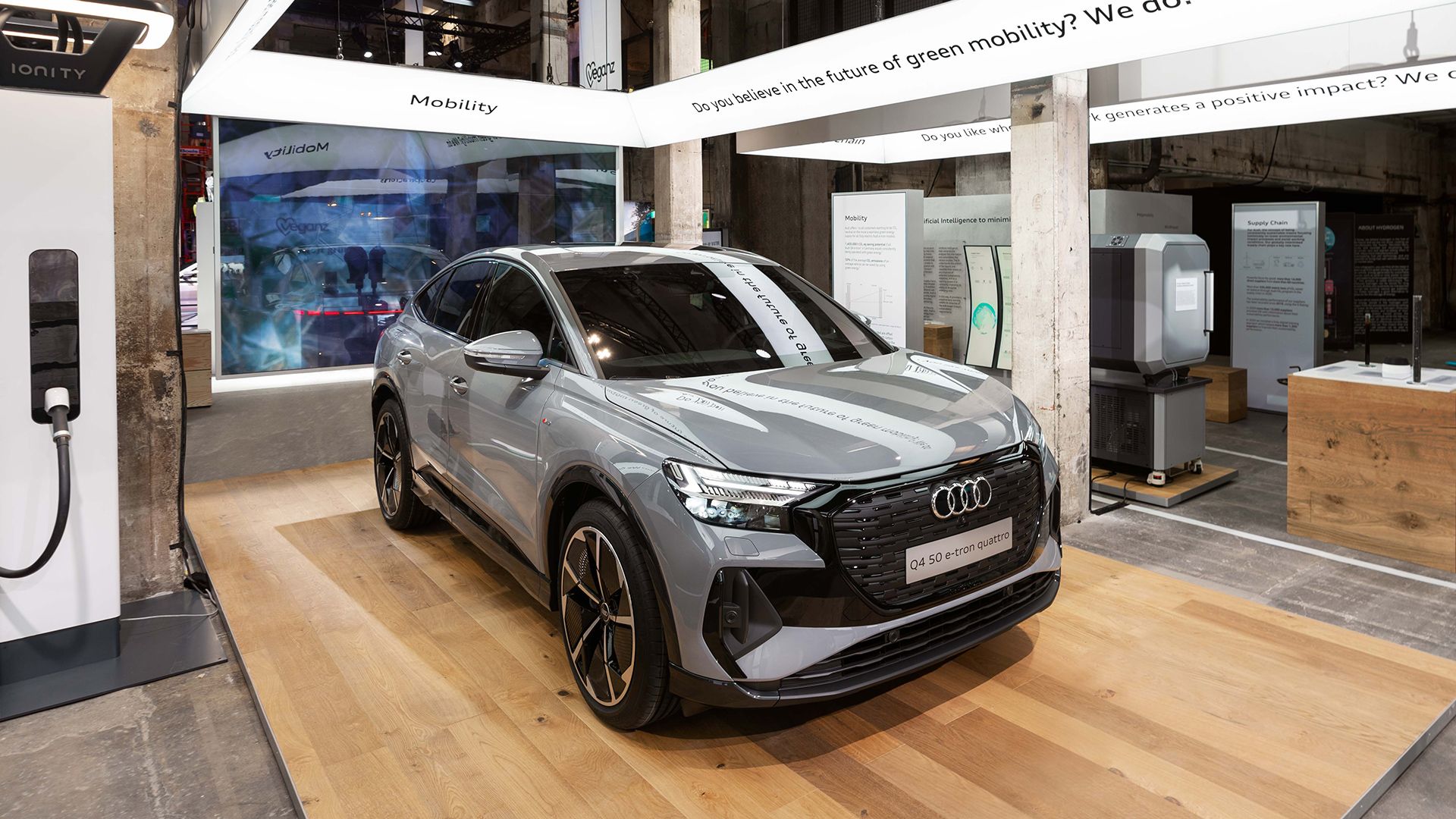
Audi Q4 Sportback 50 e-tron quattro: Power consumption (combined) in kWh/100 km: 20.9–17.5CO₂ emissions (combined) in g/km: 0CO₂ emission class: A
German model shown. Stated specifications apply only in Germany and are not applicable in other regions.
Audi Q4 Sportback 50 e-tron quattro: Power consumption (combined) in kWh/100 km: 20.9–17.5CO₂ emissions (combined) in g/km: 0CO₂ emission class: A
German model shown. Stated specifications apply only in Germany and are not applicable in other regions.
Bannered “Celebrate change,” the GREENTECH FESTIVAL (GTF) was welcoming visitors to the Berlin Kraftwerk and neighbouring Heeresbäckerei events venues from June 16 to 18, 2021. The three-day event was a showcase for ideas and technologies from diverse disciplines and corners of the world.
Audi has not only served as the festival’s founding partner since 2020. The concept behind the carmaker’s 2021’s booth offered tangible evidence of how Audi is driving progress throughout a vehicle’s life cycle — from the supply chain through production and use phase right up to partial recycling and also how important remaining open to cooperation is.
“
We’re working hard to make carbon-neutral mobility possible”
The charging station at the center of the Audi booth, which connects to the battery in the all-electric Audi Q4 Sportback 50 e-tron quattro, was a case in point. In collaboration with several energy industry partners, Audi aims to build new wind and solar parks in mainland Europe by 2025. Together, they are expected to generate around five terawatt hours of additional electricity from renewable sources. The fruits of the carmaker’s collaboration with German utilities company RWE, a solar park in Mecklenburg-Western Pomerania, was the first to get underway.
Audi Q4 Sportback 50 e-tron quattro: Power consumption (combined) in kWh/100 km: 20.9–17.5CO₂ emissions (combined) in g/km: 0CO₂ emission class: A
Stated specifications apply only in Germany and are not applicable in other regions.
Audi Q4 Sportback 50 e-tron quattro: Power consumption (combined) in kWh/100 km: 20.9–17.5CO₂ emissions (combined) in g/km: 0CO₂ emission class: A
Stated specifications apply only in Germany and are not applicable in other regions.
“
Technology is an enabler of a sustainable future.”
By way of a pilot project, Audi was also demonstrating at GTF how artificial intelligence (AI) is helping to get ahead of highly complex global supply chain challenges. Since October 2020, intelligent algorithms have been analysing online reports from public media and social networks about suppliers. Also on show in Berlin were the results of research into the chemical recycling of automotive plastics that was conducted together with the Karlsruhe Institute of Technology (KIT). The project aims to prove that recycling mixed plastic waste is technically feasible. Pyrolysing such waste produces an oil that can be used as a raw material for manufacturing high-quality plastic components, including airbag covers and radiator grilles — which is exactly what visitors can see taking shape with the help of the 3D printer in the Audi booth.
As was the case the year before, the Audi Environmental Foundation was likewise making its presence felt at the 2021 GREENTECH FESTIVAL by highlighting projects it sponsors. One such initiative not only removes plastic waste from bodies of water, but also prevents microplastics and other contaminants from entering the water cycle in the first place. Visitors to the Audi booth could also see for themselves that the Four Rings’ initiatives and ideas were bringing about genuine change. At various points in the booth, “impact walls” detailed how each step reduced CO₂ emissions.
GTF x Audi
The GREENTECH FESTIVAL was being held in Berlin for the third time. The three-day festival was rounded out with numerous discussion panels and deep-dive sessions, which have been specially designed for online attendees. These presentations on selected initiatives and projects that advance sustainability and environmental protection were also available online after the event, provided users had registered on the festival website. On Friday, June 18, the GREEN AWARDS recognizing disruptive ideas and innovations to fight climate change were conferred.
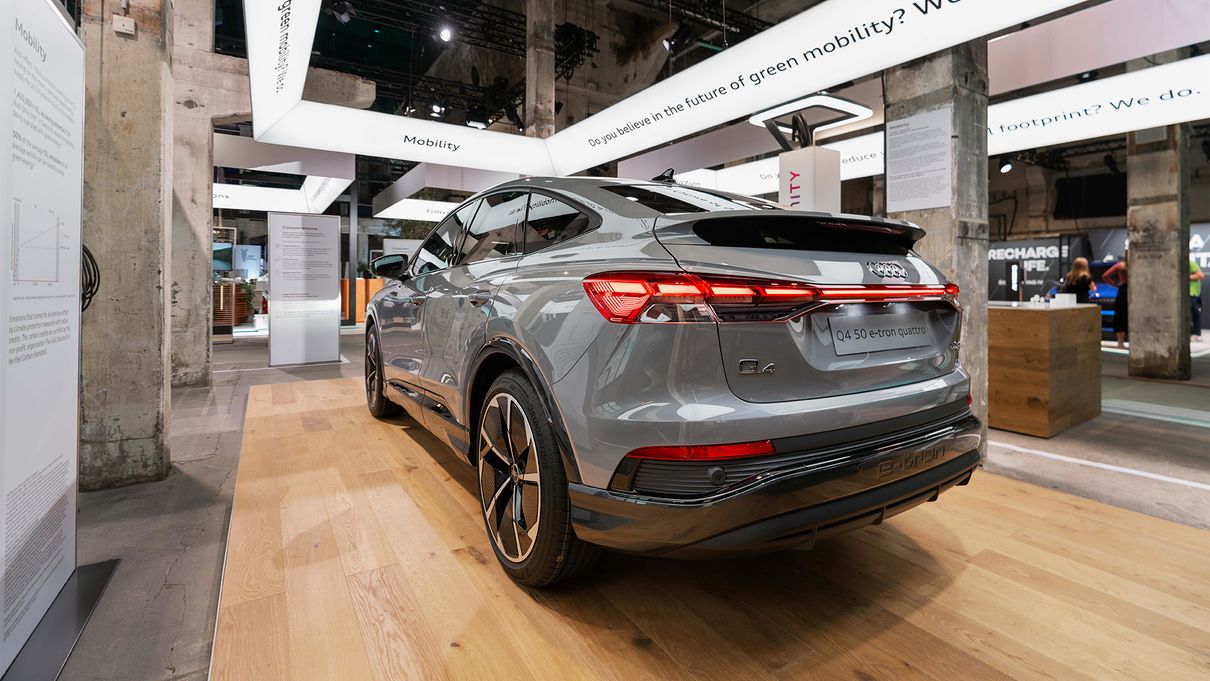
Audi Q4 Sportback 50 e-tron quattro: Power consumption (combined) in kWh/100 km: 20.9–17.5CO₂ emissions (combined) in g/km: 0CO₂ emission class: A
German model shown. Stated specifications apply only in Germany and are not applicable in other regions.
Audi Q4 Sportback 50 e-tron quattro: Power consumption (combined) in kWh/100 km: 20.9–17.5CO₂ emissions (combined) in g/km: 0CO₂ emission class: A
German model shown. Stated specifications apply only in Germany and are not applicable in other regions.
